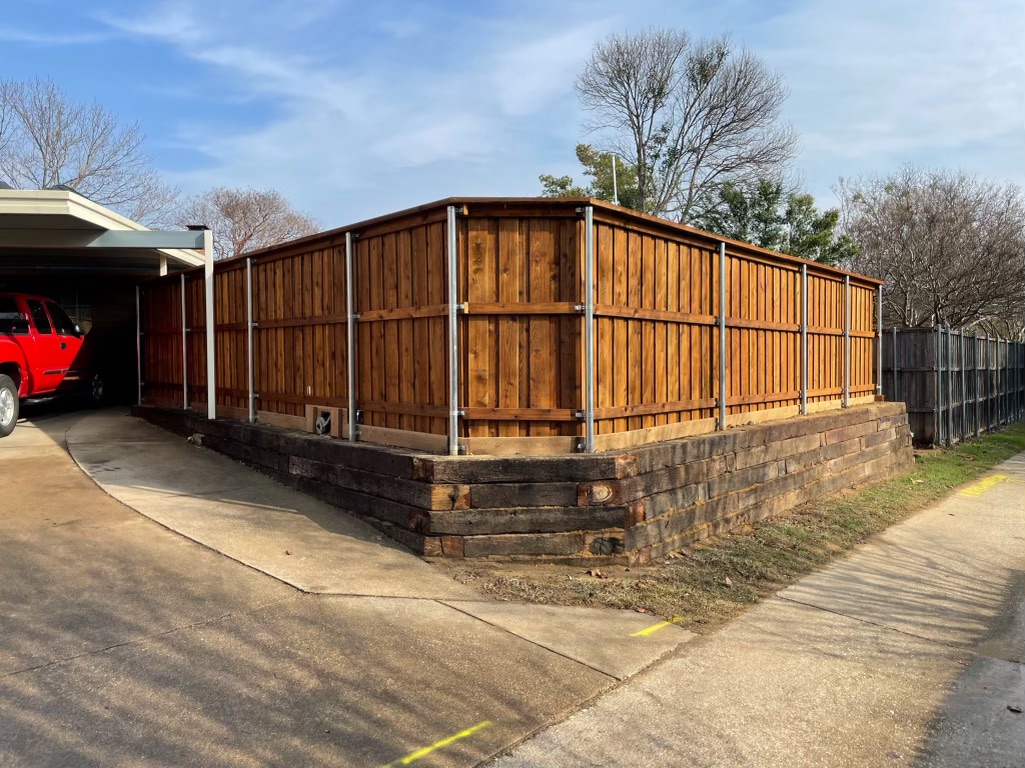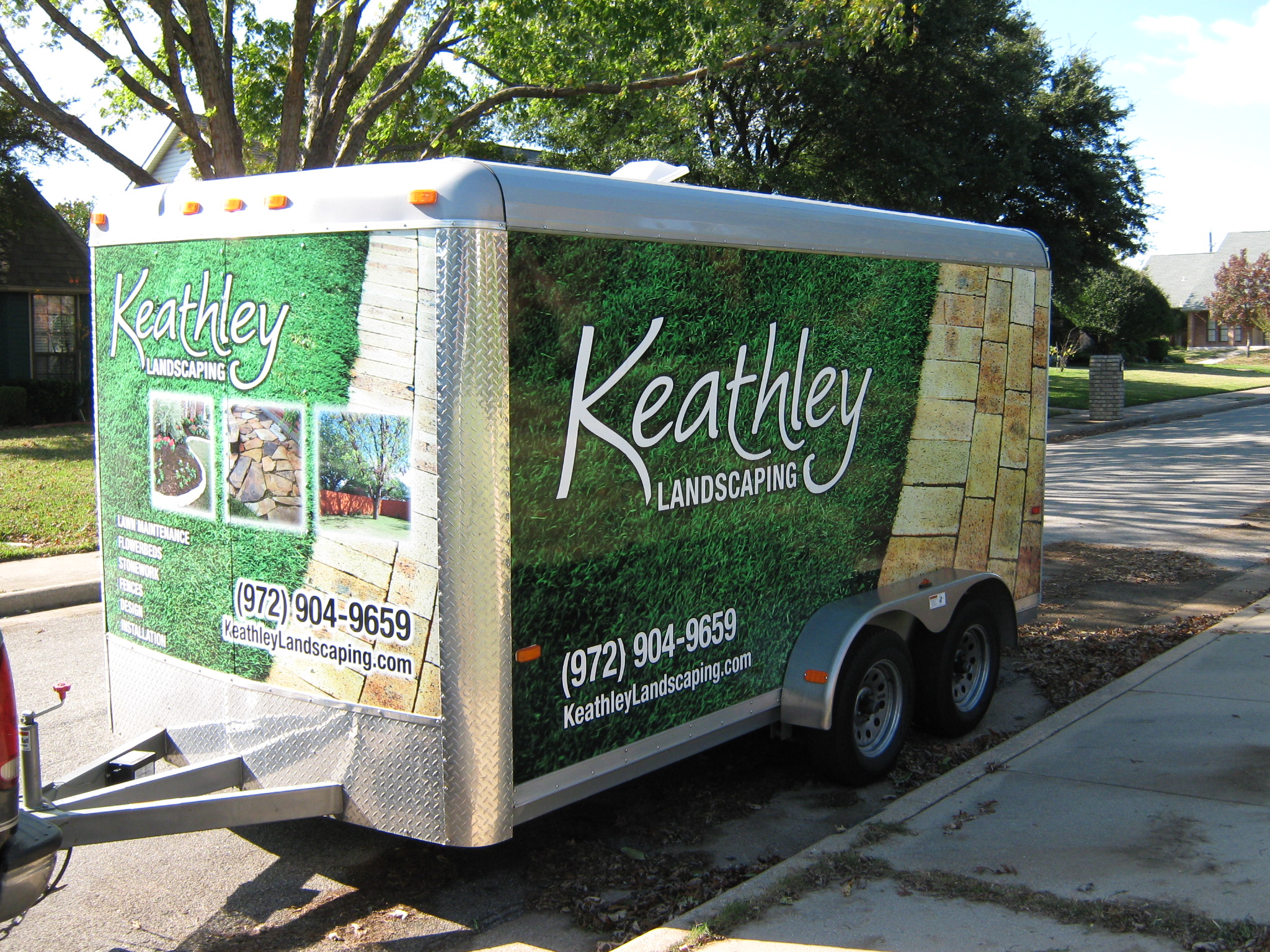Sod Installation: Best Practices for Urban Environments 🌱
Transforming an urban space into a lush green oasis is not just a dream—it’s entirely achievable with the right approach to sod installation. Whether you’re a city dweller with a small backyard or a commercial property owner looking to enhance curb appeal, this guide will walk you through the best practices for installing sod in urban environments. Let’s dive in! 🌼
Table of Contents
1. Understanding Urban Challenges
2. Choosing the Right Sod 🌿
3. Preparing the Site 🛠️
4. Installation Techniques
5. Post-Installation Care 🌧️
6. Conclusion
7. FAQs
Understanding Urban Challenges
Urban environments come with their unique set of challenges when it comes to sod installation. Limited space, shade from buildings, and soil contamination are just a few hurdles you might face. But fear not! With careful planning and the right know-how, you can overcome these obstacles. Remember, every patch of green counts in the concrete jungle! 🌇
Choosing the Right Sod 🌿
Not all sod is created equal, especially when it comes to urban settings. Here’s what to consider:
1. Climate Compatibility: Ensure the sod variety matches your local climate. For instance, Kentucky Bluegrass thrives in cooler climates, whereas Bermuda grass is perfect for warmer areas.
2. Shade Tolerance: With towering buildings, shade can be a significant issue. Opt for shade-tolerant varieties like Fine Fescue if your area doesn’t receive much direct sunlight.
3. Traffic Resistance: Urban settings often mean high foot traffic. Choose a durable sod that can withstand this wear and tear.
Preparing the Site 🛠️
Proper site preparation is crucial for successful sod installation. Here’s how to do it:
1. Soil Testing: Conduct a soil test to understand pH levels and nutrient deficiencies. Amend the soil as needed to provide a nutrient-rich base.
2. Clear the Area: Remove debris, rocks, and old grass. A clean slate ensures the sod roots can establish easily.
3. Level the Ground: Use a rake to smooth out the soil surface. A level ground prevents water pooling, which can damage the sod.
Installation Techniques
Now that your site is ready, it’s time to lay down the sod. Here’s how:
1. Start Along a Straight Edge: Begin laying the sod along a straight edge like a sidewalk. This ensures a neat, uniform appearance.
2. Stagger the Seams: Like laying bricks, stagger the seams of the sod to avoid straight lines, which can dry out quickly.
3. Water Immediately: Once installed, water the sod thoroughly to help the roots establish. Consistent watering is key in the first few weeks.
Post-Installation Care 🌧️
To keep your new lawn healthy and vibrant, follow these care tips:
1. Water Regularly: Ensure the sod receives about an inch of water per week. Adjust based on rainfall and temperature.
2. Mow Correctly: Wait until the grass reaches about 3 inches before mowing. Keep the mower blades sharp to prevent tearing.
3. Fertilize As Needed: Use a balanced fertilizer to provide essential nutrients. Follow the recommended schedule for best results.
Conclusion
Installing sod in urban environments might seem daunting, but with the right approach, it’s entirely manageable. By choosing the appropriate sod type, preparing the site meticulously, and maintaining it with care, you can create a stunning green space that enhances your urban landscape. Happy gardening! 🌻
FAQs
1. Can I install sod in the fall?
Yes, fall is an excellent time to install sod due to cooler temperatures and increased rainfall, which help sod root establishment.
2. How long does it take for sod to root?
Typically, sod takes about two weeks to root, but it can vary based on the grass type and environmental conditions.
3. Is it necessary to fertilize sod after installation?
Yes, fertilizing helps provide essential nutrients for growth and should be done according to the sod variety’s needs.
4. How do I prevent weeds in my new sod?
Proper site preparation and regular maintenance, like mowing and watering, can help prevent weed growth in your sod.
5. Can sod be laid over existing grass?
No, it’s crucial to remove old grass to ensure the new sod can root properly into the soil.






























Recent Comments